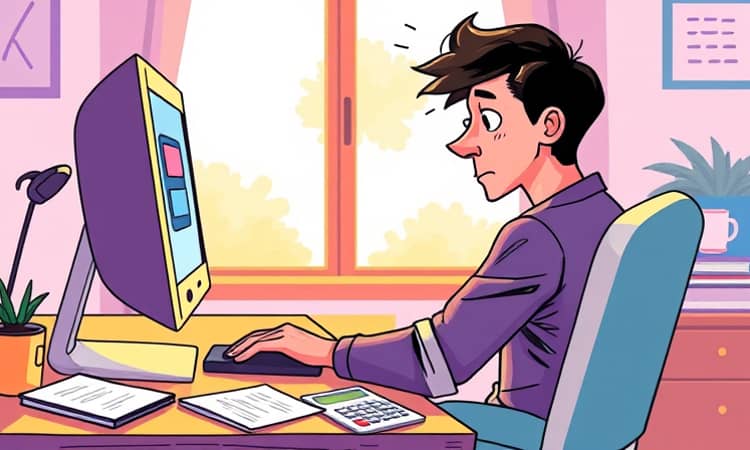Applying for a credit card can often feel like a daunting task, especially when you face rejection. It's not uncommon to feel disappointed and frustrated, especially if you're not entirely sure why your application was declined. Understanding the reasons behind this rejection can help you improve your chances in the future and get a credit card that suits your needs.
There are several factors that credit card issuers consider when evaluating your application. Rather than getting disheartened, you can take proactive steps to rectify any issues and make yourself a more attractive candidate for credit. This article will guide you through the process of dealing with credit card rejection and provide practical steps to take for improving your financial standing.
In the following sections, we will explore essential steps to understand why your application was rejected, check your credit report for discrepancies, improve your credit score, and much more. Following this advice can help you obtain the credit you need and achieve your financial goals.
1. Understand Why Your Application Was Rejected

When your credit card application is denied, it’s crucial to understand the reasons behind the rejection. This step not only helps you identify what went wrong, but it also enables you to address those issues moving forward.
Credit card issuers typically evaluate certain criteria such as income, credit score, and credit history before approving an application. If you are aware of these criteria, you can take steps to improve your application the next time you apply.
- Insufficient income to meet the card's requirements
- Low credit score or poor credit history
- Too many recent applications for credit
- High debt-to-income ratio
- Negative marks on credit report, such as bankruptcies
2. Check Your Credit Report
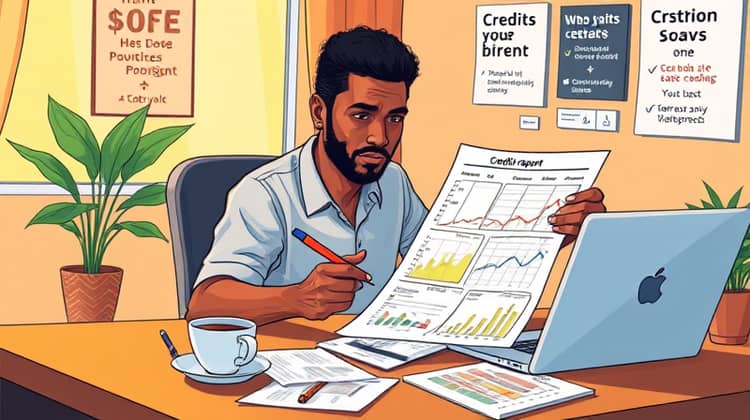
Your credit report plays a significant role in your creditworthiness. Obtaining a copy of your report is an essential first step after a rejection. Understanding its contents can help you pinpoint potential issues that need to be rectified.
By reviewing your credit report, you can spot mistakes or outdated information that may have adversely affected your application.
- Check for errors in personal information
- Look for late payments that may have been marked incorrectly
- Review your credit utilization ratio
- Identify any accounts that are not yours, indicating potential fraud
- Ensure all your credit accounts are reporting accurately
If you find any inaccuracies, be sure to dispute them with the credit bureaus. Correcting these errors could significantly improve your credit standing and help boost your chances of approval next time.
3. Improve Your Credit Score

Improving your credit score is one of the most effective strategies to enhance your chances of getting approved for a credit card. A better score demonstrates to lenders that you are a responsible borrower, increasing their confidence in your ability to repay.
Several approaches can help you raise your credit score over time.
- Pay down existing debt to lower your credit utilization
- Make all future payments on time to establish a positive payment history
- Consider becoming an authorized user on a responsible person's credit card to benefit from their positive credit behavior
- Use credit monitoring services to keep a close eye on your score’s progress
- Limit new credit inquiries to prevent score dips
4. Consider a Secured Credit Card
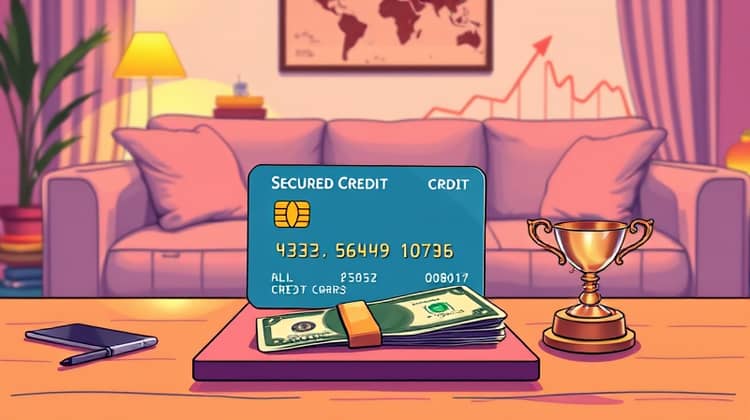
If you're facing difficulties in getting approved for a regular credit card, a secured credit card can be a viable option. Secured cards are typically easier to obtain because they require a cash deposit that serves as your credit limit, reducing the lender's risk.
Using a secured card responsibly can help you rebuild your credit and demonstrate to lenders that you can manage credit effectively.
Over time, you can improve your credit score and potentially transition to an unsecured credit card with better rewards and terms.
5. Reapply with a Different Card
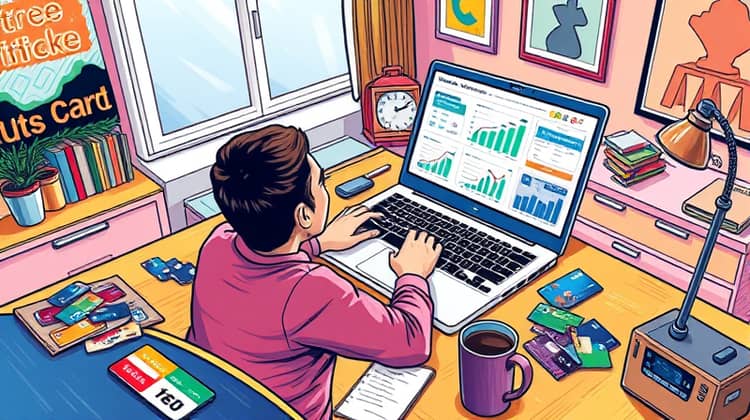
If your application was rejected, it might also be a good idea to consider applying for different credit cards that match your credit profile better. Some cards cater specifically to new credit users, those with bad credit, or individuals looking to rebuild their credit history.
Researching options thoroughly can help you identify cards that you are more likely to be approved for, and applying wisely can save you time and frustration.
6. Avoid Submitting Multiple Applications
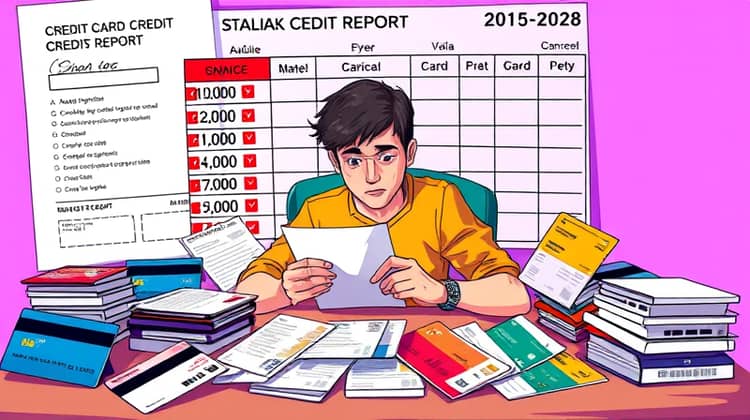
When you apply for multiple credit cards in a short time frame, it can trigger multiple hard inquiries on your credit report. Each of these inquiries can lower your credit score and can be a red flag for credit issuers, suggesting that you may be in financial trouble.
Consider taking a more strategic approach by evaluating your options and applying only when you are confident you meet the requirements for the card you're targeting.
7. Seek Guidance from a Professional

If you’re feeling overwhelmed by your credit situation, consider seeking assistance from a financial advisor or credit counselor. These professionals can provide you with personalized advice based on your financial situation and help you create a plan to improve your credit score.
Working with someone who understands the nuances of credit can be invaluable in helping you overcome obstacles that stood in the way of card approval.
Conclusion

Facing credit card rejection can be a frustrating experience, but it doesn't have to define your financial future. By taking the time to assess your situation, check your credit report, and make necessary improvements, you can increase your chances of securing a credit card that fits your needs.
Remember, rebuilding credit takes time and patience, but each step you take moves you closer to a healthier financial standing. Take control of your credit journey today and start moving toward your goals.

